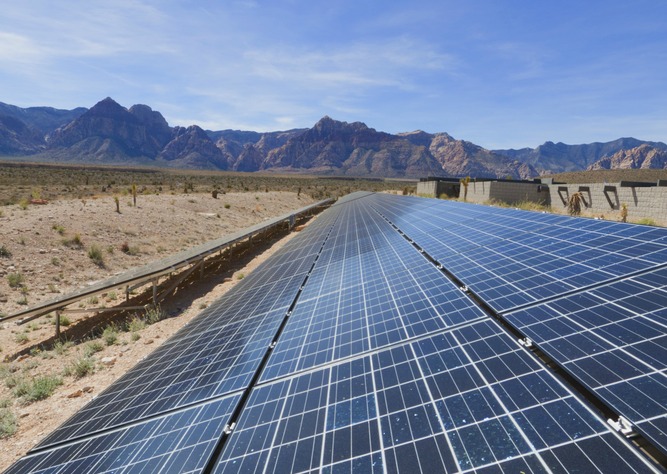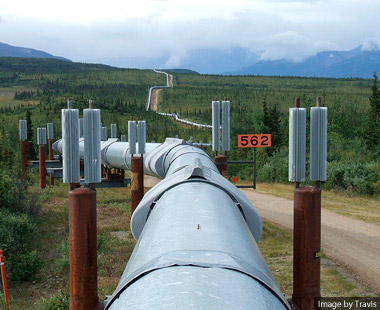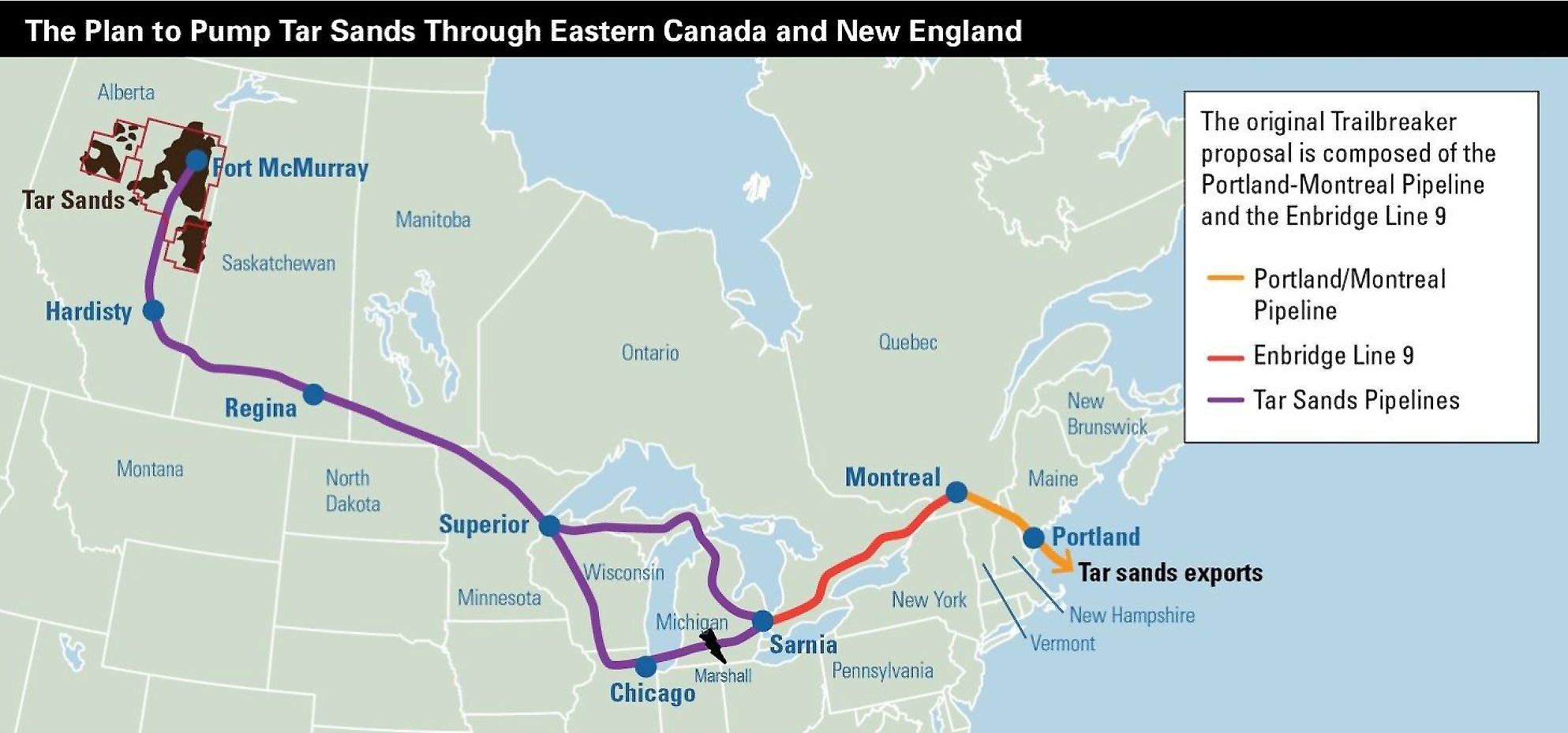Here’s a scary map (which you can click to enlarge):
The Bangor Daily News has the story:
A group of environmental advocates believe they have evidence that oil giant ExxonMobil — and perhaps even [Maine] Gov. Paul LePage [R] — are backing a plan to push controversial tar sands oil through an aging pipeline across Maine. …
Representatives of the Natural Resources Defense Council, Environment Maine, the Sierra Club and Natural Resources Council of Maine, among others, told reporters Wednesday morning during a news conference in Portland that research into the corporate parentage of the Portland Pipe Line Corp. shows a direct line to ExxonMobil, a company the environmentalists described as a major player in the field of Canadian tar sands oil extraction.
Further, the environmental advocates handed out copies of emails they said were acquired through a Freedom of Information Act request, in which Drew Cobbs of the American Petroleum Institute and Patricia Aho, commissioner of the Department of Environmental Protection, discussed an Oct. 17, 2011, meeting about Canadian tar sands oil with the governor. Among those scheduled to attend that meeting, according to the emails, were two representatives of the Portland Pipe Line Corp. and the Canadian Consulate General in Boston.
“The evidence is undeniable that this project is moving forward, albeit in pieces and behind closed doors,” said Dylan Voorhees, clean energy director for the Natural Resources Council of Maine.
The Maine Public Broadcasting Network has more about the pipeline:
The 62-year-old pipeline is currently used to transport crude oil westward from tankers arriving in Portland. The concern among environmental groups is that the flow will be reversed to transport tar sands oil from Alberta, Canada, eastwards to Portland, from where it can reach global oil markets.
A coalition of 10 environmental groups has put together a fact sheet [PDF] with more details on the alleged plan.
Worried activists are pointing to the devastating damage done in Michigan when a tar-sands pipeline leaked into a tributary of the Kalamazoo in 2010. “It’s too late to save the Kalamazoo River,” said NRDC attorney Anthony Swift. “But it’s not too late to save the rivers and waterways in Maine.”




